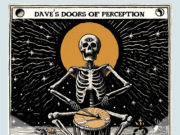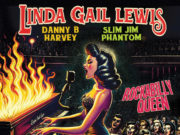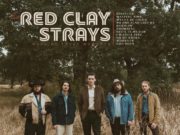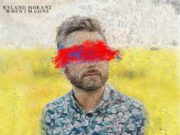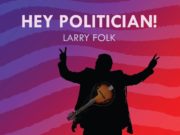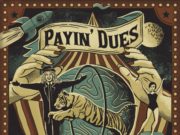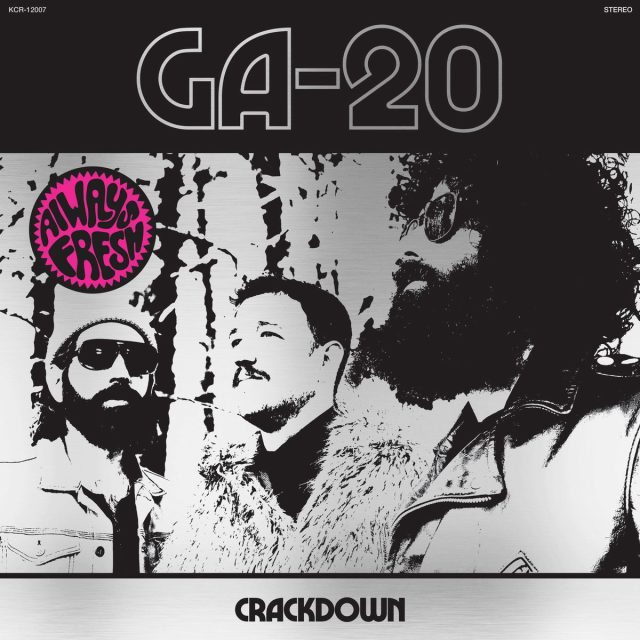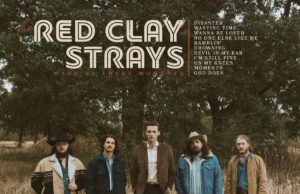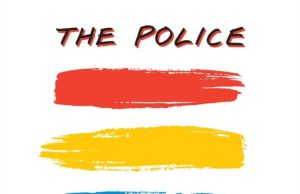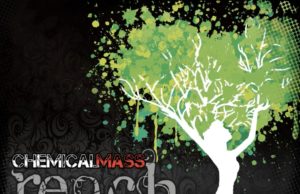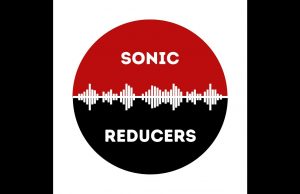THE EDITED PRESS RELEASE: “GA-20 are clearly on to something big. It’s a movement, a new traditional blues revival. The dynamic, throwback blues trio are disciples of the place where traditional blues, country and rock ’n’ roll intersect. “We make records that we would want to listen to,” says guitarist Matt Stubbs. “It’s our take on the song-based traditional electric blues we love.”
Stubbs, singer-guitarist Pat Faherty and drummer Tim Carman have been at the forefront of this traditional blues revival since they first formed in 2018. It’s no wonder they skyrocketed to the top of the Billboard Blues Charts. “Since we started the band we’ve focused on the story, the melody, and on creating a mood. Playing live as much as we do, we’re finding more and more that people are discovering how cool it all is. Traditional country, soul and funk music have all had these massive recent revivals, but traditional blues so far has not.” With their new album Crackdown, and an intensive tour schedule, that’s all about to change.
On Crackdown, GA-20’s third full-length, the band create an unvarnished, ramshackle blues that is at once traditional and refreshingly modern. Expanding on their previous releases (2019’s Lonely Soul and 2021’s Try It…You Might Like It! GA-20 Does Hound Dog Taylor), GA-20 find inspiration on the edges of the genre. The album’s nine original songs include the loping Louisiana-flavored Dry Run, the dirty and bare-bones Easy On The Eyes and the melodic garage tinge of Fairweather Friend. With tight, propulsive performances and a brevity and punk energy, Crackdown is rowdy and fun, filled with instantly memorable and well-crafted songs.
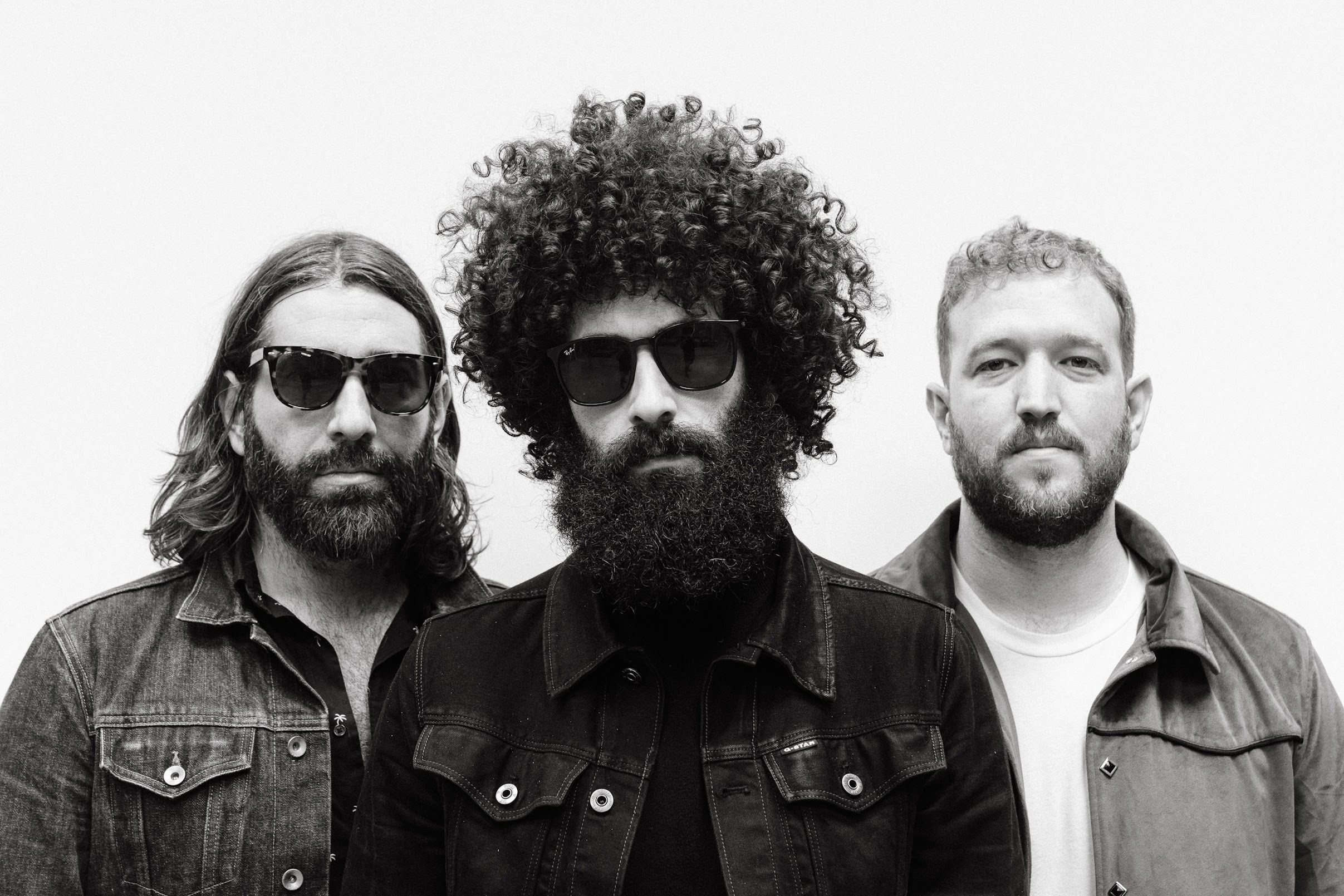
Crackdown was recorded live at famed Q Division Studios in Somerville, Mass., and, like GA-20’s previous releases, produced by Stubbs. “We set up the drums and amps all in one room, using a limited number of microphones and employing some vintage recording techniques,” explains Stubbs. “We brought in a lot of old amps and guitars and had fun exploring different amp/guitar combinations, and took a good amount of time dialing in the drum and guitar sounds before getting down to work.”
Since first forming in 2018, GA-20 have drawn inspiration for their old-school sounds from the music they love by artists such as Otis Rush, J.B. Lenoir, Howlin’ Wolf, Junior Wells, Hound Dog Taylor, Lloyd Price, Johnny “Guitar” Watson and so many others. Performing with what feels like reckless abandon, GA-20 bring a timeless immediacy to every song they play with a sound that continues to grow and evolve.
Stubbs is a 14-year veteran of blues master Charlie Musselwhite’s touring band, and has performed with James Cotton and John Hammond, among many others. Stubbs met Faherty in Boston, and their mutual love of traditional electric blues, R&B, and rock ’n’ roll led them to write, perform and record their modern vision of this life-altering music. GA-20 released their debut, Lonely Soul, in 2019 to widespread critical and popular acclaim. The album — with guests Musselwhite and Luther Dickinson — premiered in the No. 2 position on the Billboard Blues Chart. With new drummer Carman on board, their 2020 EP Live Vol. 1 debuted at No. 1.
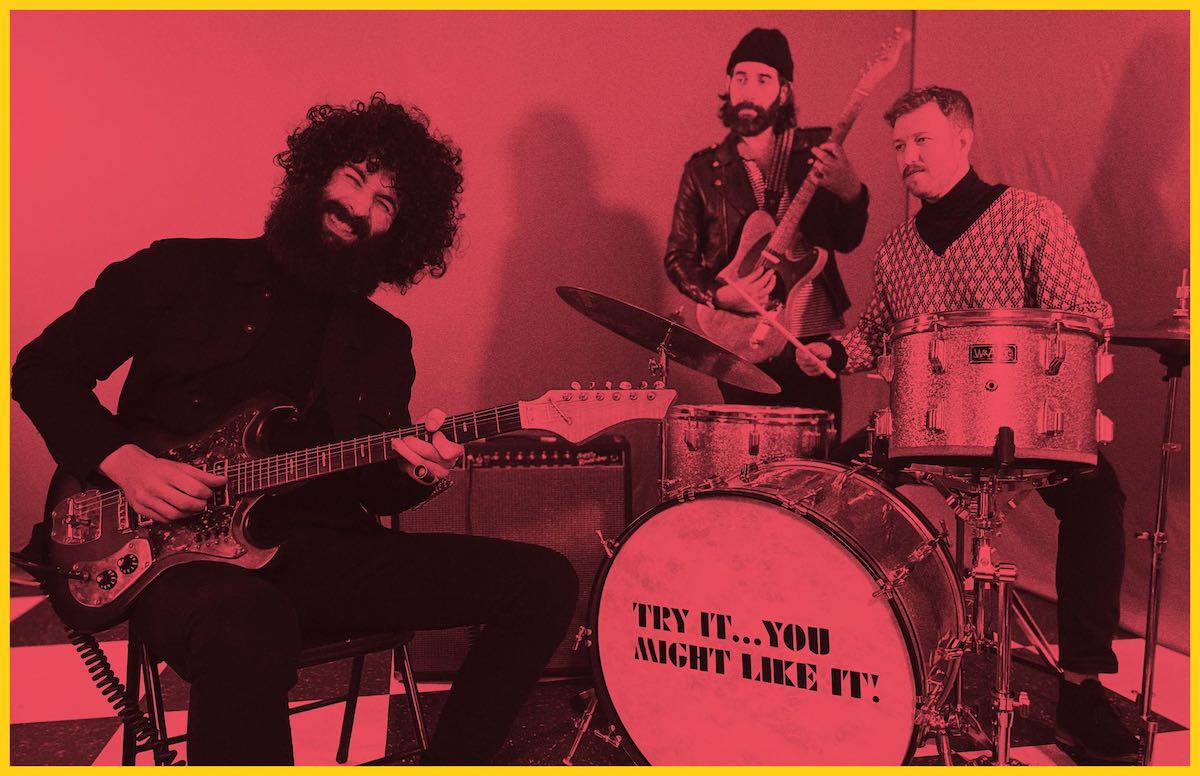
With their sophomore album, 2021’s Try It…You Might Like It! GA-20 Does Hound Dog Taylor, the band resurrected and reinvented the raw and dirty blues music of the late six-fingered slide guitar Chicago blues legend. The album debuted at No. 1 on the Billboard Blues Chart and was nominated for a 2022 Blues Music Award. Songs from the record received airplay on over 350 radio stations. Critics from home and abroad heralded the coming of a new wave of blues for the next generation of blues fans.
With the help of their relentless tour schedule, GA-20 reached many fans who had never heard of Hound Dog Taylor, and who were now not just fans, but recruited to this new, growing traditional blues revival as well. “We’re proud to bring this sound to a new audience,” says Stubbs. “When people hear it, they get what we’re doing and they’re into it. It’s very important to us to make a personal connection,” he continues. “Blues is meant to be played live. It’s about telling stories. We love making records but performing live is even more important to us.”


